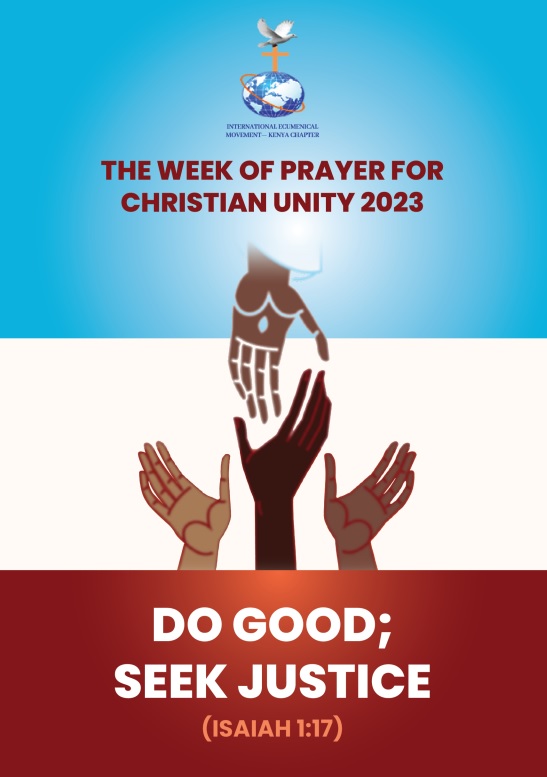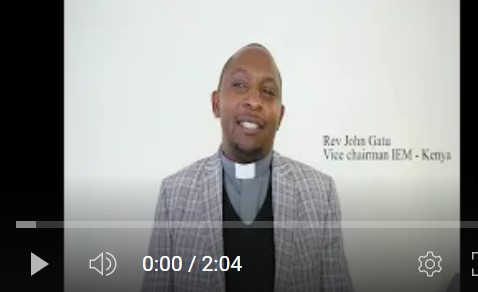Mt 21:33- 41
 Today we are meditating on the second parable in response to the controversy between the religious establishment and Jesus. The chief priests and the elders had challenged Jesus’ authority. Jesus responded to the challenge with three parables. In the previous passage he used the parable of the two sons.
Today we are meditating on the second parable in response to the controversy between the religious establishment and Jesus. The chief priests and the elders had challenged Jesus’ authority. Jesus responded to the challenge with three parables. In the previous passage he used the parable of the two sons.
One had said no to his father’s invitation but later on went to work for his father. The second one had said yes, but never went. The main question was about who did the will of the Father.
Today Jesus uses the image of the vineyard and the tenants who were entrusted to take care of the vineyard. It was a responsibility given to them. Once again, Jesus uses a very familiar and vivid image taken from the real life of the peasant in Galilee. Israel has always been compared to the vineyard of the Lord, an image widely used in prophetic literature that characterizes the relationship between God and his chosen people. As God takes cares of vineyard, he expects much from his people. But more than often Israel did not produce the expected fruits. (Is 5:1-7). In this passage of Isaiah, God is not happy with Israel. He is disappointed because they have not produced the desired fruits. Although God did everything he could for Israel, they did not respond accordingly. I beg you, says the Lord, what more was there to do for my vineyard, that I have not done in it? When I looked for it to yield grapes, why did it yield wild grapes? (Is 5:4). The chief priests and elders are people who knew very well the scriptures. They must have understood that Jesus was talking about them.
If the chief priests understood that Jesus was making a reference to Isaiah, the application is slightly different. In today’s Gospel, Israel is presented not as the vineyard of the Lord but as tenant farmers working for their landlord. The chief priests and the elders who have been given the responsibility of tilling and taking care of the vineyard while the landlord is absent. They are tenants who must give account to the landlord. The landlord has his own messengers whom he sends from time to time to check on the tenants. Here, Jesus makes a clear reference to the prophets and how these messengers were treated by the religious establishment of the time.
Once again, Jesus did not invent the story. He just took an example from the daily reality. Tenants used to mistreat the messengers or servants of the landlord, especially when they were sent to collect the rent from them tenants. This is how Israel treated the prophets before him. We can think of prophet Amos, the prophet of social justice, or prophets like Hosea and Jeremiah. We read in the Gospel of Luke: ‘Jerusalem, Jerusalem, you who kill the prophets and stone those sent to you, how often I have longed to gather your children together, as a hen gathers her chicks under her wings, and you were not willing’ (Luke 13:34). The landlord has also a son. Jesus makes reference to himself as the Son of the Father, send by God. He is going to be the cornerstone rejected by the builders. Once Jesus had finished the story, he asked the chief priests and elders: ‘When the owner of the vineyard comes, what will he do to the tenants? They said to him: ‘He will put those wretches to a miserable death, and lease the vineyard to other tenants who will give him the fruits in their seasons.’ Jesus does not give the answer but he lets the chief priests and the elders draw their own conclusion. This is the power of the parables or images. They invite us to draw our own conclusions.
As I often say, we cannot remain indifferent to the message of Jesus. We are forced to take position and give a personal answer, because these stories speak to us and about us. We are all invited to examine our attitude and our response to God’s invitation. Do we behave as tenants? Or do we behave as if we are the owners of the vineyard? Are we accountable to what has been entrusted to us? Do we produce grapes? Or have we become wild? How do we treat God’s messengers? And what is our attitude towards the Son?
Next Sunday we shall read the parable of the marriage feast, as a third parable in response to the controversy between Jesus and the chief priests and the elders. As for today let us reflect on our attitude towards God’s invitation. We are only tenants in the vineyard of the Lord. The parables must speak to us today. What is my attitude and response to God’s invitation?
Fr Maganya H. Innocent, M.Afr
IEM-Kenya Chairperson




